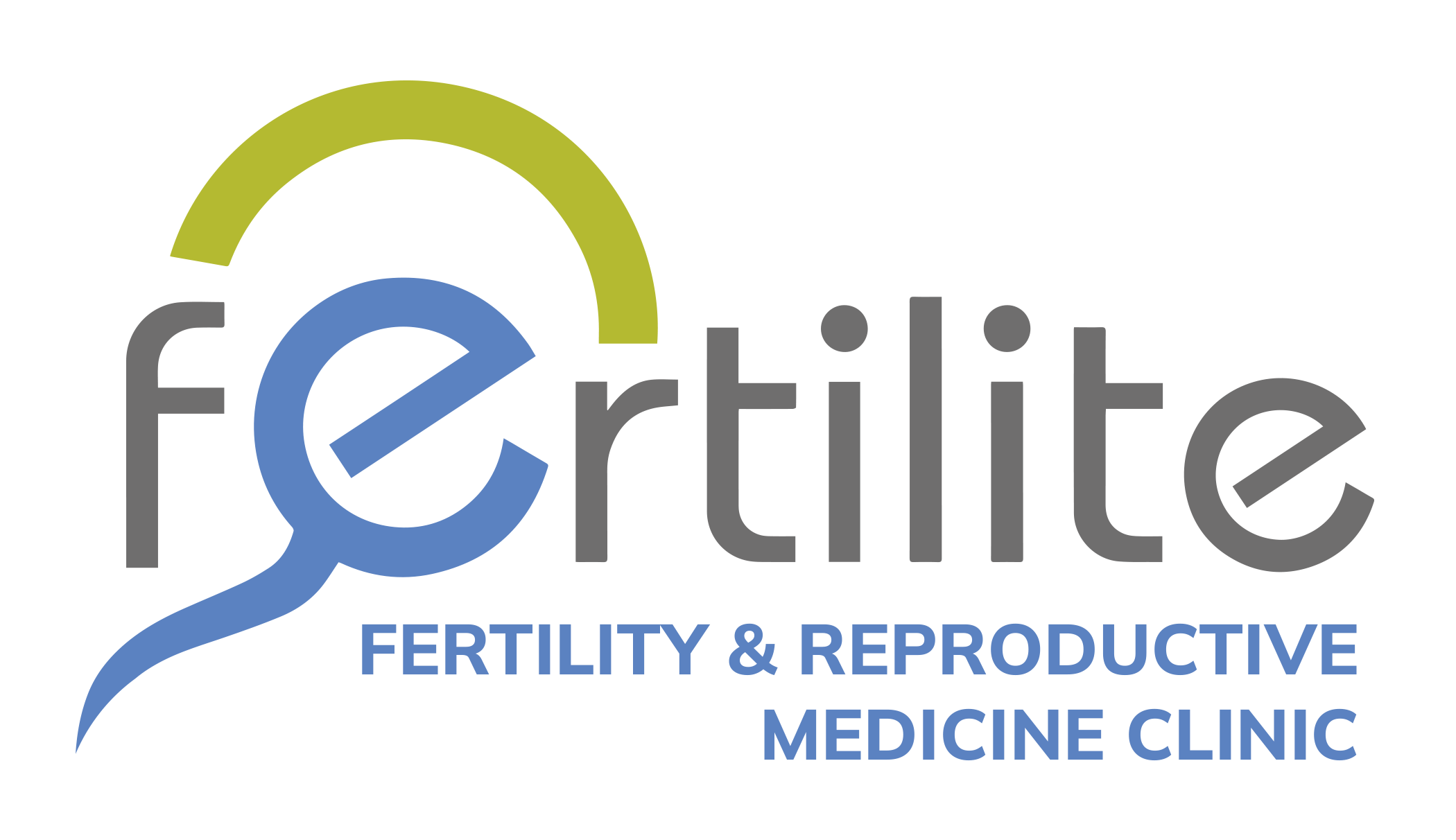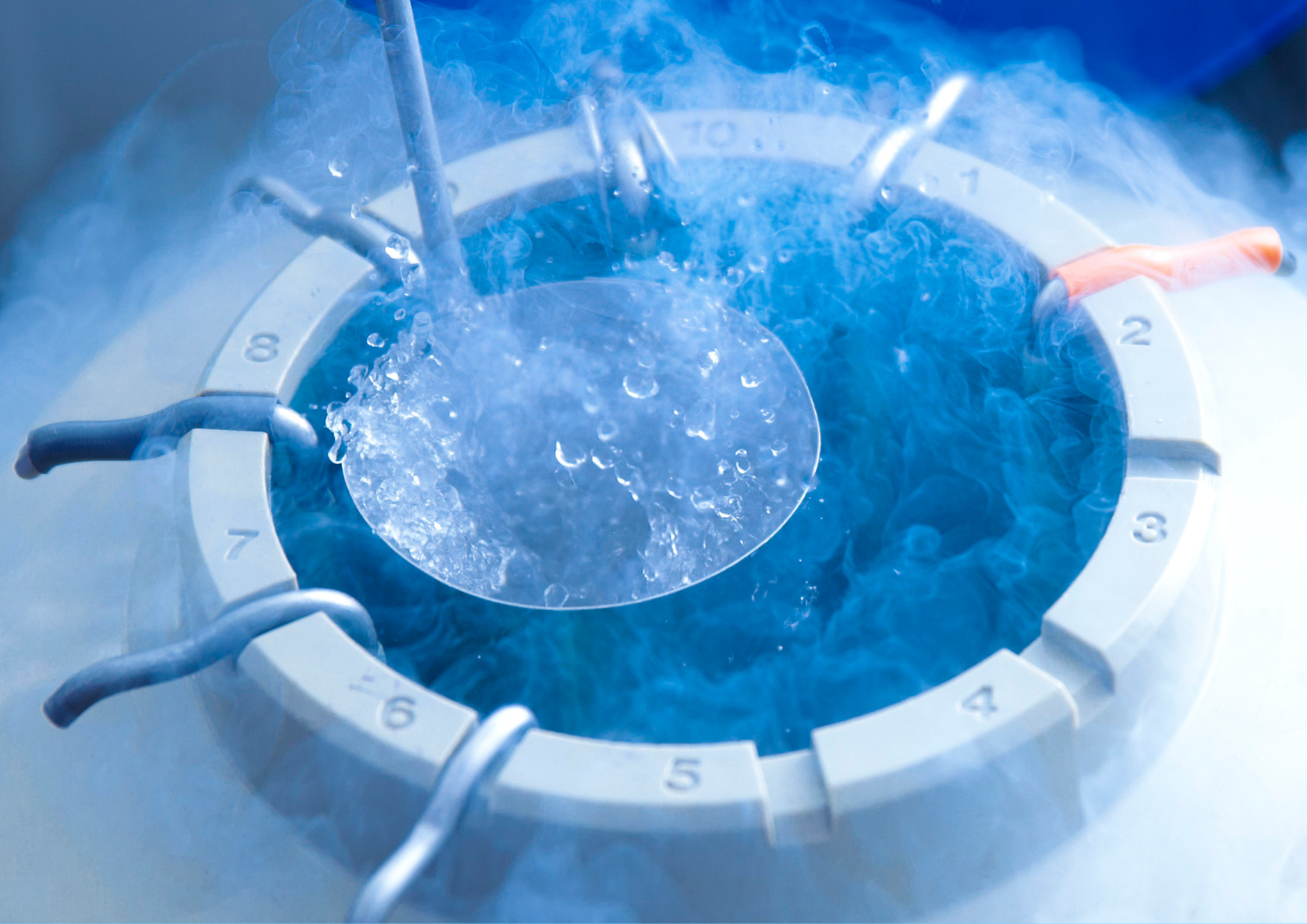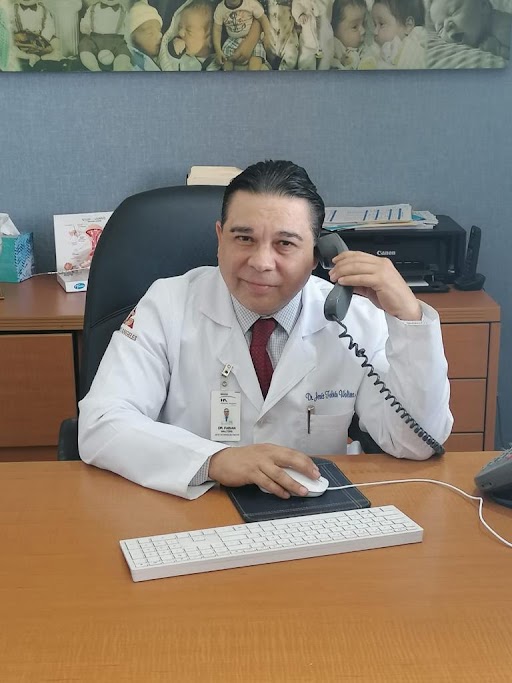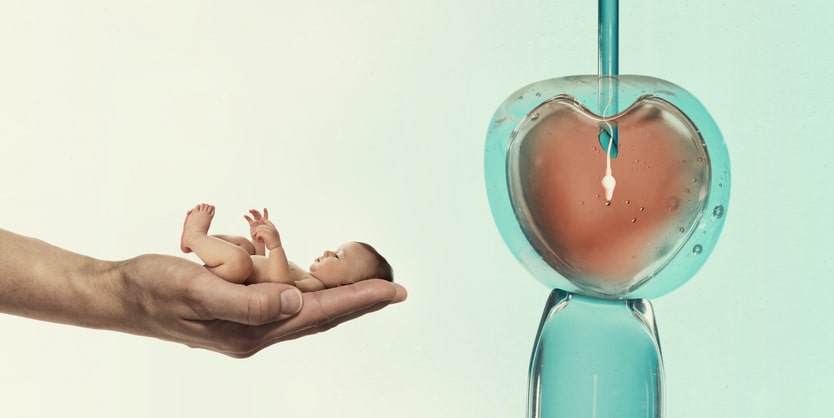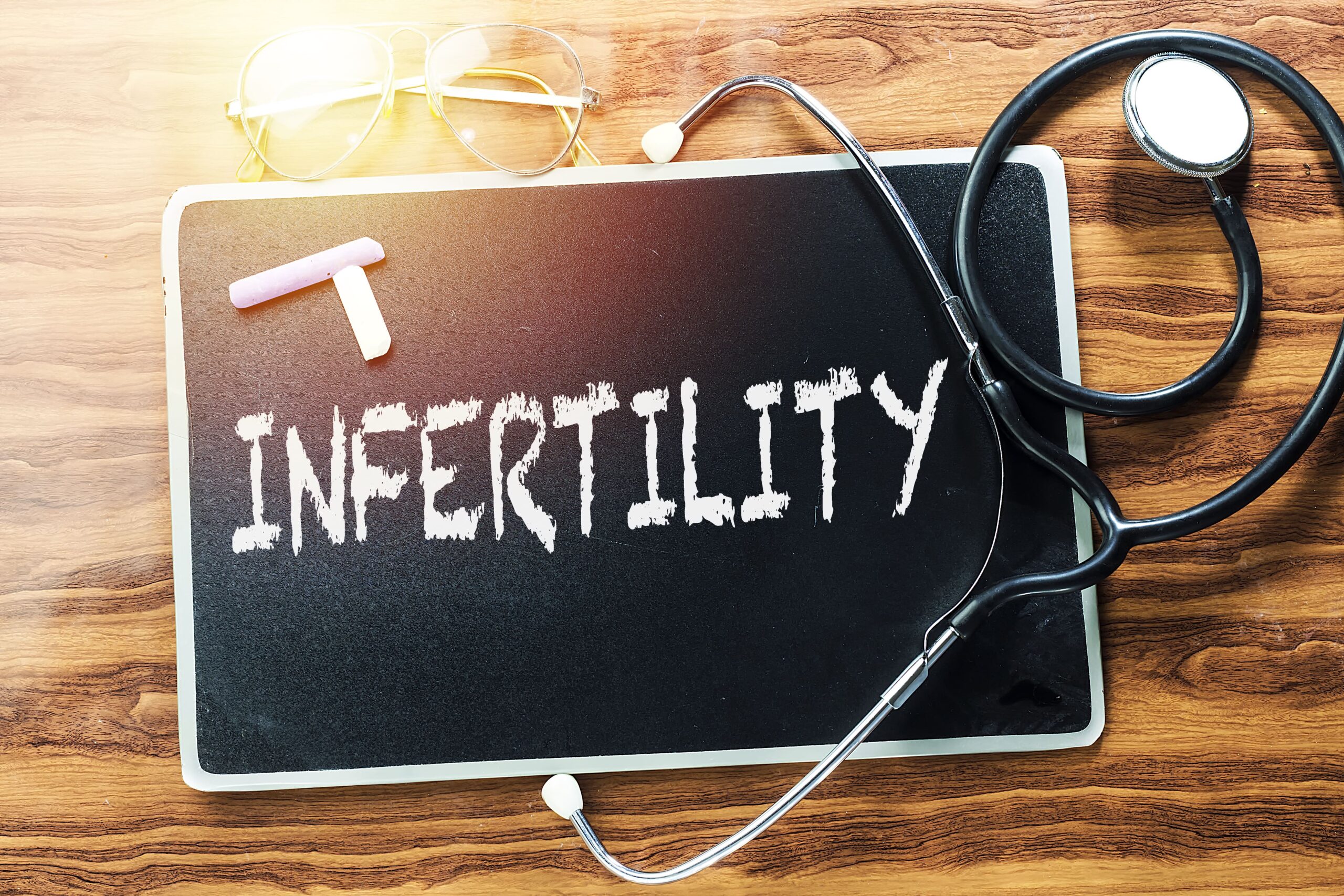Egg freezing, also known as oocyte cryopreservation, is an increasingly popular option for women looking to preserve their fertility for future use. This process allows women to store their eggs at a younger age, providing them with the flexibility to conceive later in life, whether for personal, medical, or social reasons. In this article, we will explore the ins and outs of egg freezing, including the process, costs, and considerations for women contemplating this option.
What is Egg Freezing?
Egg freezing is a medical procedure that involves extracting a woman’s eggs from her ovaries, freezing them, and storing them for future use. This technique is particularly beneficial for women who may face fertility challenges due to age, medical conditions, or lifestyle choices. By freezing their eggs, women can maintain their reproductive potential and have the opportunity to conceive later when they are ready.
The Importance of Timing
The age at which a woman freezes her eggs plays a crucial role in the success of future pregnancies. As women age, the quality and quantity of their eggs decline, making it more difficult to conceive. Therefore, it is generally recommended that women consider freezing their eggs before the age of 35 to maximize their chances of successful conception later on.
How Does the Egg Freezing Process Work?
The egg freezing process typically involves several key steps, which can be broken down as follows:
1. Initial Consultation
Before undergoing the egg freezing procedure, women should schedule a consultation with a fertility specialist. During this appointment, the doctor will assess the woman’s overall health, discuss her reproductive goals, and perform tests to evaluate her ovarian reserve.
2. Ovarian Stimulation
Once the initial assessment is complete, the next step is ovarian stimulation. This involves administering hormone injections to stimulate the ovaries to produce multiple eggs. This phase usually lasts about 10 to 14 days and requires regular monitoring through blood tests and ultrasounds to track the development of the follicles.
3. Egg Retrieval
When the eggs are deemed mature, a minor surgical procedure is performed to retrieve them. This is typically done under sedation or general anesthesia. A thin needle is guided through the vaginal wall and into the ovaries to collect the eggs from the follicles.
4. Cryopreservation
After retrieval, the eggs are prepared for freezing. A cryoprotectant solution is added to protect the eggs during the freezing process. The eggs are then frozen using a method called vitrification, which involves rapid cooling to prevent ice crystal formation that can damage the eggs.
How Much Does It Cost to Freeze Eggs in USA?
The cost of egg freezing can vary significantly depending on several factors, including the clinic, location, and individual circumstances. On average, the total cost for the egg freezing process can range from $6,000 to $15,000 per cycle. This typically includes:
- Initial consultation and testing
- Ovarian stimulation medications
- Monitoring and ultrasounds
- Egg retrieval procedure
- Cryopreservation and storage fees
Egg Freezing Costs in Mexico
For those considering egg freezing in Mexico, the costs can be more affordable compared to the United States and other countries. The cost of egg freezing in Mexico generally ranges from $3,000 to $7,000, making it an attractive option for many women. This includes similar services as mentioned above, but at a fraction of the price.
Factors Influencing Egg Freezing Costs
Several factors can influence the overall cost of egg freezing, including:
- Location: Prices can vary significantly between different cities and countries.
- Clinic Reputation: Well-established clinics with high success rates may charge more for their services.
- Insurance Coverage: Some insurance plans may cover part of the costs associated with egg freezing, particularly for medical reasons.
- Additional Services: Costs may increase if additional procedures, such as genetic testing, are required.
Success Rates of Egg Freezing
The success rates of using frozen eggs for conception depend on various factors, including the woman’s age at the time of freezing and the number of eggs retrieved. Generally, younger women have higher success rates when using frozen eggs.
Key Statistics
- Women under 35 have a success rate of approximately 50% per frozen egg.
- The success rate decreases as the woman’s age increases, with women over 40 experiencing lower chances of successful pregnancies.
Risks and Considerations
While egg freezing is generally considered safe, there are some risks and considerations to keep in mind:
1. Ovarian Hyperstimulation Syndrome (OHSS)
Some women may experience OHSS, a condition that can occur when the ovaries are overstimulated during the egg retrieval process. Symptoms can range from mild to severe and may include abdominal pain, bloating, and nausea.
2. Emotional and Psychological Impact
The decision to freeze eggs can be emotionally challenging. Women may experience anxiety about their fertility and the future, making it essential to have a support system in place.
3. Storage and Consent
Eggs can be stored for many years, but it is crucial to renew consent for storage periodically. If consent is not renewed, the eggs may be disposed of, which can be a significant concern for women who wish to keep their options open.
Alternatives to Egg Freezing
For women who may not be ready to freeze their eggs, there are alternative options to consider:
1. Embryo Freezing
Embryo freezing involves fertilizing the eggs with sperm before freezing them. This method may offer higher success rates since embryos are typically more resilient than unfertilized eggs.
2. Ovarian Tissue Freezing
This experimental technique involves removing and freezing ovarian tissue, which can later be reimplanted to restore fertility. This option is often considered for women undergoing cancer treatment.
Why Choose Fertilite Center?
Selecting the right fertility clinic is one of the most important decisions when considering egg freezing. Fertilite Center stands out as a trusted choice for women due to its combination of advanced technology, personalized care, and experienced specialists.
1. Expertise and Experience:
Fertilite Center is staffed by highly trained fertility specialists with years of experience in reproductive medicine. Their expertise ensures that every step of the egg freezing process—from ovarian stimulation to cryopreservation—is carried out with precision and care.
2. Cutting-Edge Technology:
The center uses state-of-the-art equipment and the latest vitrification techniques, which maximize egg survival rates during freezing and thawing. This commitment to innovation helps improve the chances of successful conception in the future.
3. Personalized Treatment Plans:
Every woman’s fertility journey is unique. Fertilite Center offers tailored treatment plans that take into account individual goals, medical history, and reproductive health, ensuring the best possible outcomes.
4. Affordable Options:
Compared to many clinics in the United States and other countries, Fertilite Center provides high-quality services at a more affordable price. This makes it an attractive option for women seeking both excellence in care and cost-effectiveness.
5. Comprehensive Support:
Beyond medical care, Fertilite Center emphasizes emotional and psychological support. Patients are guided through the process with compassion, helping to reduce stress and anxiety often associated with fertility treatments.
By choosing Fertilite Center, women can feel confident that they are making an informed and supported decision about preserving their fertility.
Conclusion
Egg freezing is a valuable option for women looking to preserve their fertility for the future. By understanding the process, costs, and potential risks, women can make informed decisions about their reproductive health. Whether considering egg freezing in Mexico or elsewhere, it is essential to consult with a qualified fertility specialist to explore the best options tailored to individual needs. Clinics such as Fertilite Center provide advanced technology, personalized treatment plans, and compassionate support, making them a trusted choice for women who want to safeguard their reproductive future.
Frequently Asked Questions
- What does egg freezing do?
Egg freezing preserves a woman’s eggs by retrieving and storing them at a young age so they can be used later for pregnancy. It helps protect fertility against aging or medical treatments.
- At what age should you freeze your eggs?
The ideal age to freeze eggs is before 35, as both the quality and quantity of eggs decline with age. Women who freeze their eggs at a younger age generally have higher success rates.
- How much does it cost to freeze your eggs?
The cost of egg freezing can range from $6,000 to $15,000 per cycle in the United States. This includes consultations, medications, monitoring, egg retrieval, and storage fees. In Mexico, egg freezing is significantly more affordable, typically ranging from $3,000 to $7,000 per cycle, making it an attractive option
for many women seeking quality care at lower prices.
- How do I know if I need to freeze my eggs?
You might consider egg freezing if you want to delay having children, are approaching your mid-30s or older, or face medical treatments (like chemotherapy) that could affect fertility. A fertility specialist can assess your egg count and guide you based on your personal goals and health.
- Who is not a good candidate for egg freezing?
Women with very low ovarian reserve, poor egg quality, or who are already close to menopause may not be good candidates for egg freezing. Additionally, women with certain medical conditions that prevent safe egg retrieval, or those who cannot undergo hormonal stimulation, may not benefit from the procedure.
REFERENCES
https://www.uclahealth.org/medical-services/obgyn/fertility/egg-freezing
https://my.clevelandclinic.org/health/treatments/17000-fertility-preservation
https://www.hfea.gov.uk/treatments/fertility-preservation/egg-freezing
